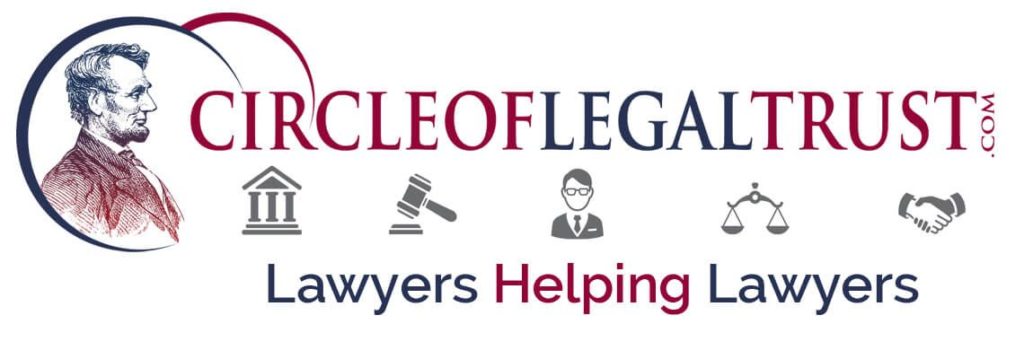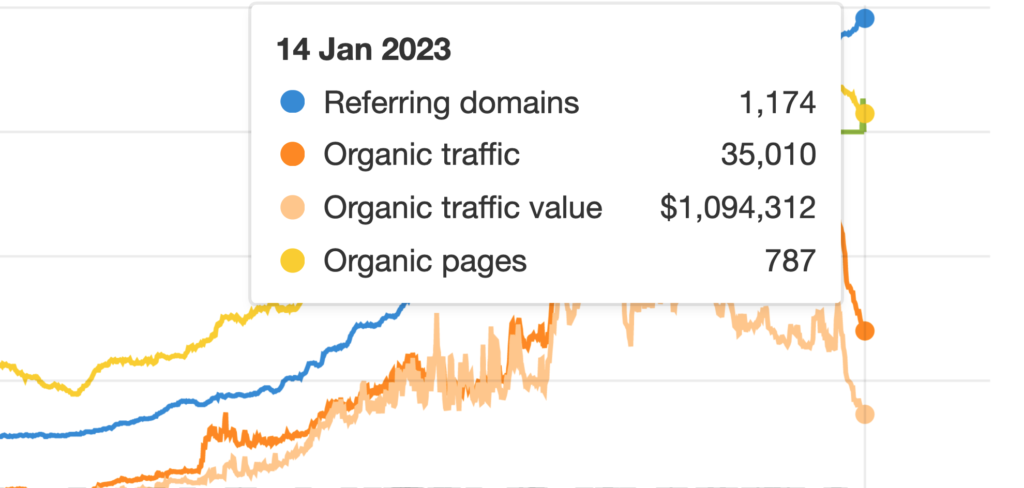Practicing Law in a Semantic Web

Foreward by Attorney Michael Ehline – It is not often that I get world-famous authors on the show. But when I do, I hope they are as educated and personable as David Amerland.
Dave will be leading a discussion on lawyers and the semantic web in this weeks video hangout here. So if you are in the Google hood and a member of the Circle of Legal Trust, this will be a real treat. Anyways, here is what Dave has to say:
By David Amerland – Attorneys, like any other business, rely on search to be discovered. There the similarities end. Attorneys have particular requirements when it comes to finding leads and customers, and there are also restrictions on the way they can represent themselves. Authority, Trust, and Reputation were once qualities that, in the offline world, were represented by suits, offices, and testimonials. These all have now become computational attributes in a semantic web. And it’s presided over by Google’s semantic search.
Semantic search is a game-changer. It takes away the guesswork involved from the searcher looking for an attorney and the attorney looking to market himself and works its programming magic to understand the intent of the former’s search query and the quality of the latter with the specific intention of bringing the two together in a perfect match. It may sound easy, but as we shall see, it’s not.
The critical elements of the semantic web are authority and reputation. Google’s semantic search relies on the building of an index where attorneys and what they do are understood as people and specializations within the law.
They are associated with a physical presence and specific expertise. And it works much the same way a person would judge an attorney by their reputation. Obviously, he’s judged through his own network of contacts. So semantic search weighs them through their presence across the web: publications, citations, articles, news references and interaction, and comments in social media networks. There are also the OUI lawyers located in Boston area that deal with other accident cases and have a lot of reputation.
This is a new way of working. It shifts the onus of reputation building from the individual. Also, this is a person who, at any rate, will go about it in an entirely self-serving way. They are doing it to the population of the web at large. For lack of a better term, I will call pro bono work.
It’s All About Answering Questions
The creation of content that answers questions shed light on legal issues. And this helps create contacts in social networks that can turn into evangelists’ mirrors, in some regard, the pro bono work that attorneys have frequently undertaken as part of the offline building of their reputation and to better express who they are and what they stand for.
So it’s not that revolutionary as a concept. It has taken us the better part of the last two decades to go from a world that viewed “online” as carte Blanche to do almost anything to a semantic web where activities and identities are entirely visible and where who you are and what you do have now become as essential and nuanced as they have always been offline.</p”>
The term pro bono, of course, is old English (Pro bono public) meaning for the public good. Semantic is an ancient Greek word that relates to the meaning of language or logic.
Lawyers or attorneys for criminal justice, traditionally, have used both language and logic in their practice of the law. These are the same instruments they now need to wield in their drive for greater visibility in a semantic web.
Key to this are:
- A strong, clearly defined presence on Google+
- Website content that is extensive and detailed and of high value to the prospective lead.
- Extensive connections and activity in social networks.
- A high citation or co-citation incidence in legal journals and legal cases.
- Total clarity in their connections across the web.
- It takes a little bit of work. But the results will be worth it.
David Amerland Bio
David Amerland is a British journalist and the author of several best-selling books on search marketing and social media. He is the author of seven best-selling books. These include Google Semantic Search. He has been a content provider for the 2012 Frost World Marketing seminar. Plus, he has delivered keynote speeches to executives as part of the Top Executive Development Program. Last, he holds annual training seminars on SEO and Social Media around the world.
He works with Rutgers University on its regional mini-MBA program. Of special interest, David has presented to blue-chip executives on the value of search and social media crisis management techniques. He has done so in Prague, Shanghai, Singapore, London, and Zug. Amerland writes on social business issues for Forbes, Imassera, and HP UK. There he writes on the use of data analysis in marketing. And he discusses the impact of changes in search for the enterprise.
His blog: http://davidamerland.com attracts over 10,000 unique visitors a month. His writings on SEO, social media, and journalism appear on many websites and magazines around the world. Also, he is a leading authority on semantic search. So he knows its impact on marketing in the 21st century.
G+ profile: https://plus.google.com/u/0/115620878851836664537/posts
Other Sources:
How Creative Choices Affect the Author (Amerland) http://www.goodreads.com/author/show/1697177.David_Amerland
Google Semantic Search: Search Engine Optimization (Seo) Techniques That Get Your Company More Traffic, Increase Brand Impact, and Amplify Your Online Presence (Amerland) http://www.goodreads.com/book/show/17297718-google-semantic-search
How Google’s Semantic Web Will Change SEO (Erin Everhart) http://mashable.com/2012/03/22/google-semantic-search-seo/
